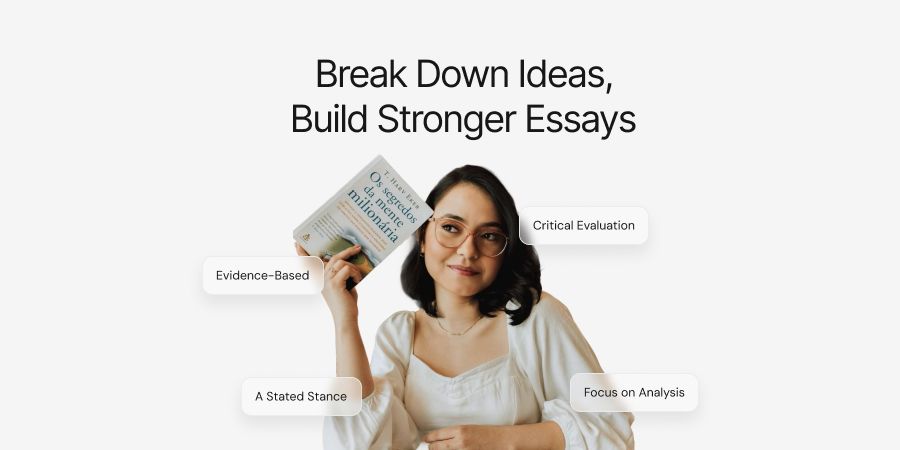Frequently Asked Questions on Analytical Essays
More topics you may like

How to Write a Brand Collaboration Proposal in 2025

Muhammad Bin Habib

How to Write a Case Report in 2025

Muhammad Bin Habib

How to Write a Case Study, with Examples, Tools and Templates

Muhammad Bin Habib

How to Write a Cover Letter with No Experience Using AI Chat

Muhammad Bin Habib

How to Write a Great Memoir: How to Start & Finish Your First Draft

Muhammad Bin Habib
